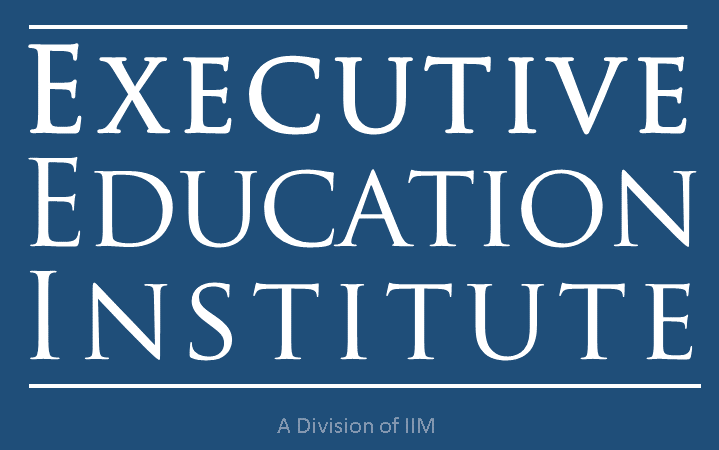CEO Hall of Fame
Most Respected CEOs & CEO Hall of Fame
Reg Revans (Reginald Revans)
Action
Learning (1907-)
- "Unless your ideas are ridiculed by experts, they are worth nothing." (Reg Revans)
Key Work
- Studies at Cambridge.
- Represents Great Britain in the long jump at the Olympics.
- Appointed chief education officer for Essex.
- Becomes director of education for the UK mining industry (later the National Coal Board).
- Returns to academia to research management of coal mines and develops theories of action learning.
- Accredited in Belgium success of industrial national output over major competitors
- Holds range of professorial positions in the fields of industrial administration and management, campaigns around the world including third world countries like India and Egypt.
Professor Reginald Revans, coined the term Action Learning to describe an educational method that he developed in the UK in the 1940s. Action learning is an educational process whereby the participant studies their own actions and experience in order to improve performance. This is done in conjunction with others, in small groups called action learning sets. It is proposed as particularly suitable for adults, as it enables each person to reflect on and review the action they have taken and the learning points arising. This should then guide future action and improve performance.
The Action learning method differs with the traditional teaching methods that focus on the memorization and presentation of knowledge and skills, by focusing on experiential reflection as a major learning tool. Revans argued against the overvalue of the traditional "chalk and talk" management education and he believes that people learn most effectively not from books or lectures but from sharing real problems/projects. He called it "action learning."
The contribution of Revans is being seen today through initiatives in leadership development working towards organization development. Many universities and management consultants developing new approaches to the education of leaders interested in work-based learning.
Revans distinguished between puzzles and problems, noting that action learning lent itself to working on real problems (e.g. improving productivity or morale rather than puzzles e.g. constructing a balance sheet.) He also noted the distinction between cleverness (i.e. knowledge) and wisdom, which showed in the form of insightful questioning. Revans achieved major honors in Belgium where he linked higher education with industry achieving major results that impacted on national economic recovery.
People had to be aware of their lack of relevant knowledge and be prepared to explore the area of their ignorance with suitable questions and help from other people in similar positions. To Professor Reginald Revans, the learning process may be expressed as:
Learning (L) = P + Q ; where L is learning, P is programmed (traditional) knowledge and Q is questioning to create insight.
Programmed knowledge (P) is conveyed through books, lectures, and
other structured learning mechanisms.
Insightful questions (Q) are those questions that are asked at the right
time and are based on experiences or an attitude about ongoing work
projects.
Revans maintained that P is the domain of experts, while Q is the domain of leaders who wish to drive projects forward by getting answers.
Q uses
- four "major" questions: where? who? when? what? and
- 3 "minor" questions: why? how many? how much?
Although Q is the cornerstone of the method, the more relaxed formulation has enabled action learning to become widely accepted in many countries all over the world.
To succeed in Action Learning need the following:
- The learning context must be a real working/project
- Scheduled input of theory knowledge /lectures should be kept to a minimum and more time for time for workshops, meetings and questions
- Commitment from top management and team members with No hidden agendas
- An independent adviser needs to be present from the life of the team to facilitate, help or guide when needed.
- An atmosphere of and openness to confronting sensitive internal issues.
- Flexibility in terms of scheduling
Books & References:
- ABC of Action Learning (The Mike Pedler Library)
- Revans, Reginald. (1980). Action learning: New techniques for management. London: Blond & Briggs, Ltd.
- Revans, Reginald. W. 1982. The origin and growth of action learning. Brickley, UK: Chartwell-Bratt.
- Revans, Reginald. W. 1998. ABC of action learning. London: Lemos and Crane.
:::
Back to CEO Hall of Fame List
:::
Executive Education and Management Training
- The institute researches, develops, and disseminates best management practices and learned-lessons from leading CEOs and CEO Hall of Fame. For advanced executive education and management training courses, please visit the Executive Education Courses.

